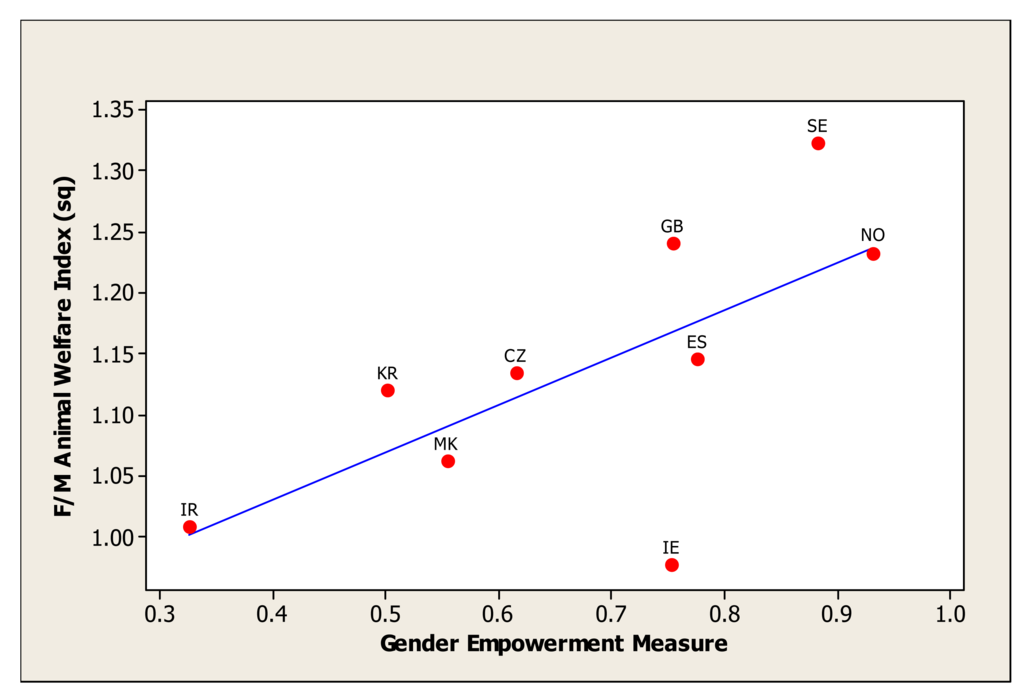Preparing for a PhD Viva - career-advice.jobs.ac.uk.
The MPhil to PhD upgrade viva The upgrade viva is an oral presentation, defending your work and research ideas. The viva allows your department to ascertain that you meet all their assessment criteria and will be able to complete PhD research to a high standard in the allotted time-frame.
The Oral Examination (viva) I have submitted my soft bound thesis- how long will I have to wait for my oral examination date? If you have not been given a date for your viva within six weeks of submitting your thesis, you are advised to contact your Degree Committee.
PhD Viva. May your last hour be your best hour Prayer - Our Lady's Blessing. The PhD viva examination, or thesis defence, represents the culmination of the PhD examination process, and how you perform at it can determine whether or not you are successful overall. It is crucial, therefore, that just as for any other kind of examination, you prepare yourself thoroughly, so that you come across.
Viva Voce Examinations. Viva voce examinations are held for all PhD, EdD, DEdPsy, DClinPsy, DClin Res, DClin Prac and EngD candidates and are an opportunity for your examiners to meet you in person and question you further about your research and written thesis.
UK PhD viva's are unique. In fact, each country seems to have its own unique, and uniquely strange way of conducting PhD examinations. In the UK, the thesis is sent to two examiners - one external to the university and one internal. They will read the thesis, and (at Imperial) are required to write an initial report, in letter form.
Viva and Outcome sections View guidance on completing the 'Viva' and 'Outcome' details for the PGR thesis submission within the EUCLID 'PGR Thesis workflow' software. Once the Viva has been completed and 'Part II' has been received, you can key these dates.
Preparing for Your Viva Preparing for your viva In the UK, the oral examination is usually conducted behind closed doors by at least two examiners, usually with at least one being from another institution (external examiner) and an expert in your topic of research.









